Organisation
IPACC, AFPAT, FJS and UNESCO-Links project
Description
This side event will be held at the Indigenous Peoples’ Pavilion with interpretation in French and English and the event will be livestream in www.iipfcc.org, YouTube channel and IIPFCC social media. The event will have 2 parts, the first part will be on the case study report by AFPAT coordinator and partner UNESCO and the second part will be the projects of indigenous women francophones based on the same issue of climate change adaptation and livelihood of women. The background and the objectives are as follow:
1- Climate change is a major concern for Sahel countries like Chad where farmers, breeders and fishermen, whose livelihoods depend on their environment, are the first to be affected by climate change, which remains poorly understood. However, nomadic herders have been successfully adapting to ongoing changes in their environment by predicting changes in weather conditions and adjusting the movements of their herds towards the water points and pastures. A collaborative study between UNESCO Links and AFPAT focused mainly on nomadic herders especially in the Lake Chad region to better understand and document their traditional knowledge and practices as they adapt to the ever-changing weather pattern due to the climate crisis. The summary of the result will be presented at this event.
• The report on Chad case will be presented and the panelists will discuss various approaches towards integrating Indigenous knowledge systems and practices into current strategies and policies that contribute to our understanding and navigation of the climate crisis. Indigenous traditional knowledge is hugely beneficial to ongoing climate change resistance movements, as well as the health and welfare of Indigenous Peoples.
2- The Indigenous Women’s Council facilitates projects for nomadic and semi-nomadic women in West Africa and Sahel focusing on post-covid capacity building and livelihood elevation to strengthen female empowerment for independence and autonomy. Panelists will speak from a country perspective on their approach to Indigenous women’s issues and the implementation, success, and development of their gender program.
• This event provides the opportunity to learn from Indigenous women from different countries in West Africa on post-covid capacity building and livelihood elevation programs and projects, in the context of climate change.
Speakers
1. Minister of Environment Chad
2. Aishatou Manu, gender rep AIWO-CAN
3. Hindou Ibrahim Oumarou, AFPAT coordinator and co-chair of the IIPFCC
4. Aissatou Manu (AIWO-CAN)
5. Didja Tchari (AFPAT)
5. Sada Albachir (TUNFA)
Language
FR - EN - SP

